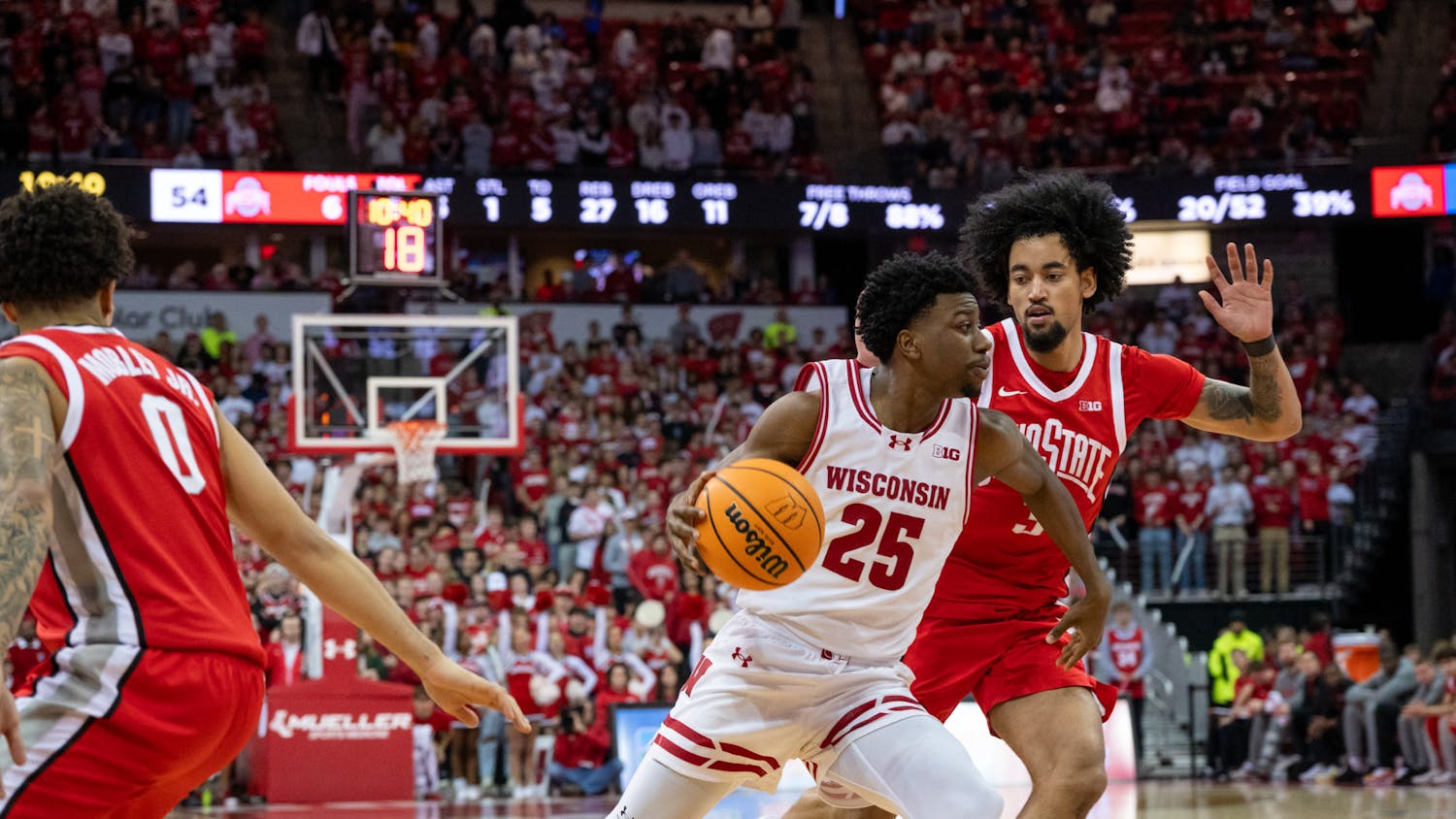For some of us in the world, the fight to belong somewhere in this vastly large, yet woefully vacant place has been relentless; hurled into an endlessly turbulent expedition, some of us have been fervently yearning for the sweet comfort of an accepting community. On the other hand, some of us have been privileged enough to be indoctrinated from birth into automatic social acceptance, power and prestige.
Today, communities serve as security havens, framed as hundreds of outlets aiding people in making sense of their collective experiences. Community is culture, community is civilization, community is family — or rather, community is our identity. Moreover, the tangency of such a concept is seen to materialize itself in film, books and art that reflect back as well as represent these appropriate identities. But what begins to unfold once these communities and social institutions begin to collapse, or worse, become infiltrated?
Without realizing it, perhaps, Billie Eilish has not only infiltrated but exploited the LGBTQIA+ community for her personal gain and fame.
After releasing an intimate music video for her new release “Lost Cause” this past pride month, the 20-year-old pop singer turned cultural icon has received very minimal backlash over “queer-baiting”: a marketing ploy in which heterosexual celebrities falsely orchestrate fabricated same-sexual activity on mass-media platforms to instigate controversy.
The music video depicts Eilish with a group of 6 other girls engaging in several intimate interactions such as kissing and reciprocating physical affection. However, although the video has garnered some criticism, it has yet to ascend to the magnitude of needed reprimand for devaluing and fetishizing queerness. Eilish’s video perpetuates a series of damaging stereotypes: degrading behavior that previous heterosexual artists have taken advantage of for years on end. Eilish has abused her commercial presence, not for the greater good of spreading awareness, education or supporting LGBTQIA+ initiatives and campaigns, but to catapult her into a wider realm of publicity through a measure of controversy off the backs of an already prejudiced community.
Despite “Lost Cause” being released during pride month, the lyrics are completely void of any mentioning of queer love, self-acceptance or the LGBTQ+ community as a whole. Instead of bringing awareness to the queer community to normalize marginalized sexualities, Eilish selfishly exploited the community by displaying sexual ambiguity to appeal to her LGBTQIA+ fans and bring in a larger audience. Not only this, but she has generated lots of press through confusing the general public on her sexuality. Her actions are only made worse after realizing that Billie is involved in a relationship with Mathew Tyler Vorcec — a man who has faced ridicule for his openly homophobic comments.
It seems as though the youthful artist does not seem to value the emotions of her queer fans nor the ethical offense that she has committed towards the community as a whole. Eilish has infiltrated the community, exploited it for personal gain and misguided a marginalized people that covet nothing more than authentic representation.
Unfortunately, yet not surprising, the American singer has yet to receive any major criticism for her blatant exploitation of queer culture. But how can someone evade public retribution after exhibiting such derogatory actions? Simply, it is due to her place of privilege and power.
When a group holds dominance, social superiority and systematic power over others, they can willingly control the narrative with which they can avoid criticism and paint other social groups as inferior or faulty. It seems as though Eilish’s whiteness and heterosexuality — two socially dominant characteristics — act as barriers that withstand negative social affiliation and condemnation. There stands a glaring flaw when Eilish’s privilege and power allows the singer to misleadingly emulate and give an illusory perception of gay culture to a young, impressionable audience when certain artists of color still struggle with coming out.
Moreover, Eilish’s actions are a direct reflection of the current exploitation of discriminated minorities by groups of higher power. In proving such, the young artist and rapper Lil Nas X was under immense heat for his recent single “Montero: Call Me by Your Name” where he had clips of explicit queer, sexual expressions. While certain critics claim that the song was banned because of religious innuendos, several other music videos and songs could be deemed blasphemous such as “God is a Woman” by Ariana Grande and “Judas” by Lady Gaga, both of which did not receive as bad of a reception as Lil Nas X’s video. It seems as though for the white artists, their privilege sheltered them from mass criticism.
Accordingly, this delves into the greater generational dilemma of how bodies of power can take advantage of discriminated groups without facing consequences; this is a parasitic relationship where they feed off their backs and exploit them for further personal gain. In this situation, the white heterosexual woman stands towering over queer folk who are struggling to live an authentic life, living with often unaccepting parents and a system that has deemed their lives abnormal.
In spite of these existing conditions, Eilish is here — reaping the benefits from embodying a minority group while escaping all the disgrace and complexities that accompany it. It is so easy for Eilish to get away with queer-baiting while those who are not fortunate to be guarded by privilege must face the harsh reality of hate speech or possible death over their actual identities. What Eilish can choose to live out in one day is someone’s eternal struggle until they die.
Billie Eilish’s whiteness and supposed heterosexuality function as an overarching armor that resists life-altering criticism. Ultimately, bodies of power cannot simply continue to use, subjugate and ignore marginalized and underrepresented groups for fame and power. We must refuse to let this go on — enough is enough.
Abdullah Marei is a junior studying psychology. Do you agree that Billie Eilish’s new release “Lost Cause” represents attempts to queer-bait a larger audience? Send all comments to opinion@dailycardinal.com .






